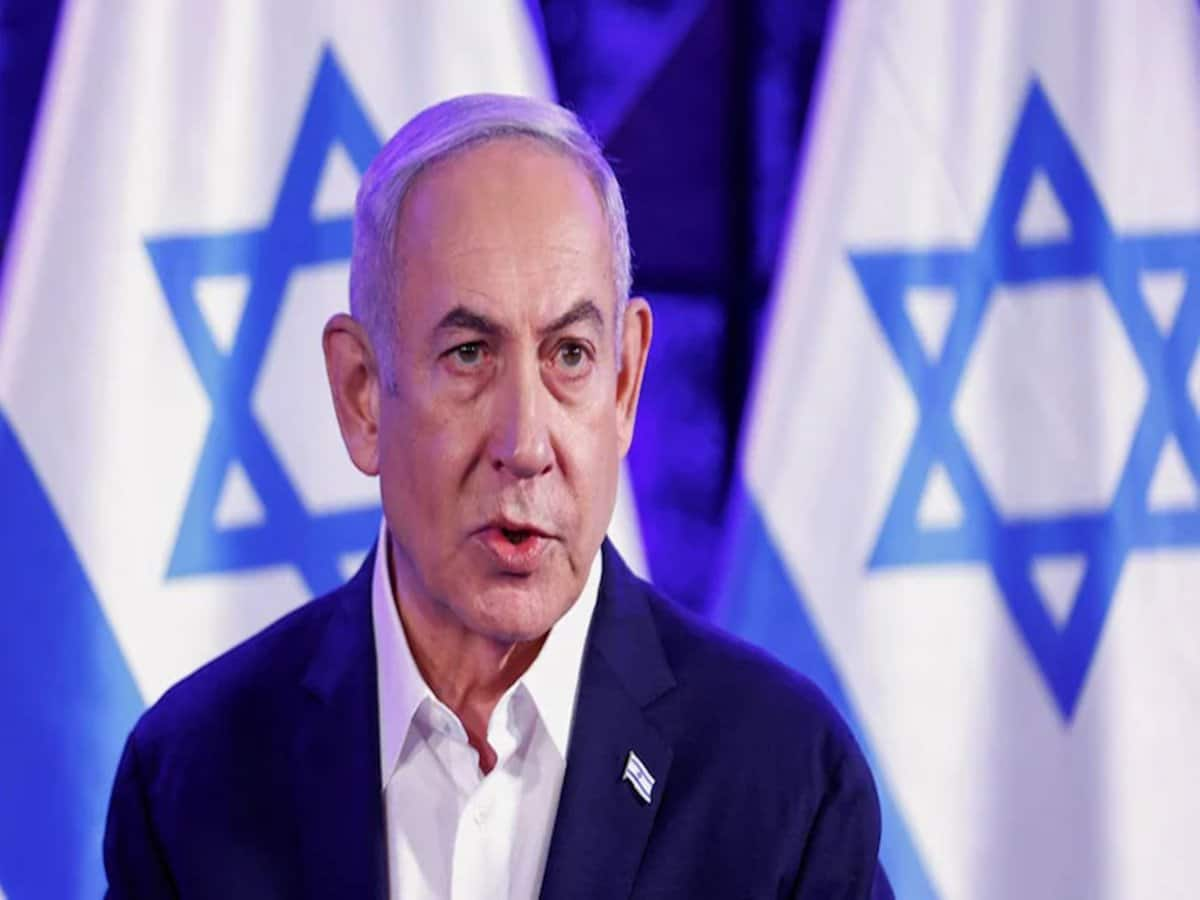Recent developments in the Middle East have escalated tensions between Iran and Israel, heightening fears of a potential large-scale conflict. Following an attack on Israel by Iran using over 180 ballistic missiles, Israeli Prime Minister Benjamin Netanyahu has vowed that Iran will face consequences for its aggressive actions. As both nations prepare for possible retaliatory measures, the geopolitical landscape is precariously balanced, with significant implications for regional stability.
Overview of the Missile Attack
On a tense Tuesday, Iran launched a significant missile offensive against Israel, although initial reports indicated there were no casualties. As a precautionary measure, Israel directed its citizens to seek shelter in bunkers, disseminating alerts via mobile phones and national broadcasts. Iran publicly claimed responsibility for the missile assault, marking a dramatic escalation in hostile engagements.
Reasons Behind the Conflict
Iran’s missile attack appears to be linked to prior Israeli airstrikes that targeted high-ranking figures in Hezbollah and Hamas, including Hezbollah leader Hassan Nasrallah and Hamas leader Ismail Haniyeh. Both had been killed in separate Israeli strikes, intensifying Iran’s determination to retaliate against what it perceives as provocations. Iranian officials stated that any ensuing conflict could result in severe repercussions, asserting their commitment to responding to any retaliatory actions.
Statements from Leaders
In a politically charged meeting, Netanyahu declared, “Iran made a big mistake tonight and will pay a price for it.” He addressed the seriousness of the Iranian missile attack and confirmed that Israel would respond decisively. An Israeli Defense Forces (IDF) spokesperson reiterated that the nation would carry out actions “whenever and however” directed by the government, emphasizing the gravity of the situation.
Potential for Wider Conflict
The recent missile strikes signal a dramatic escalation in Israel’s ongoing conflict with Hezbollah and Hamas, which began intensifying nearly a year ago. With both sides now engaged in a tit-for-tat exchange, experts fear that this latest aggression could spark a regional conflict involving other nations and militant groups.
International Reactions and Implications
The United States has reaffirmed its longstanding alliance with Israel, offering full support amidst the crisis. Conversely, Iranian military officials have warned that any direct interference from Israel’s allies could lead to retaliatory strikes against their bases and interests across the region. This hostility has already caused a spike in oil prices, rising by 5% due to concerns over a broader military conflict.
Diplomatic Efforts
In light of the escalating violence, the United Nations Security Council is set to convene to address the situation in the Middle East, weighing diplomatic options to mitigate further escalation. The international community watches closely as the dynamics of this conflict continue to evolve, emphasizing the urgent need for dialogue to prevent a full-scale war from erupting.
Conclusion
The impact of Iran’s missile attack on Israel has sent shockwaves through the international community, raising alarms about regional stability and the potential for a wider conflict. As both nations bristle with accusations and counteractions, the world remains on edge, hopeful for resolutions that can avert further violence.












